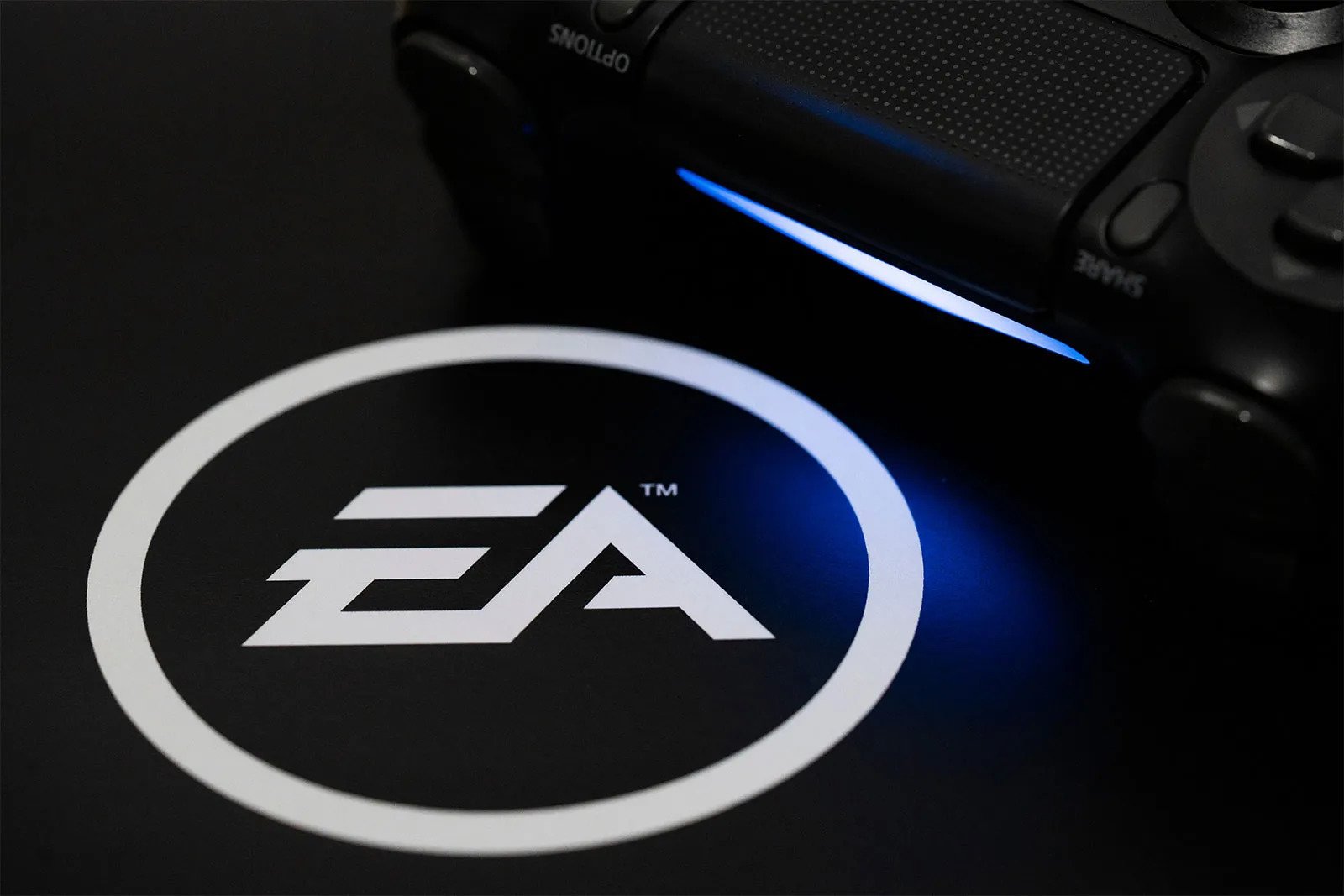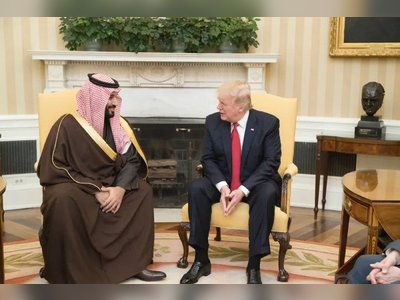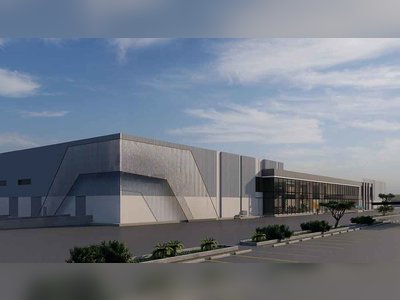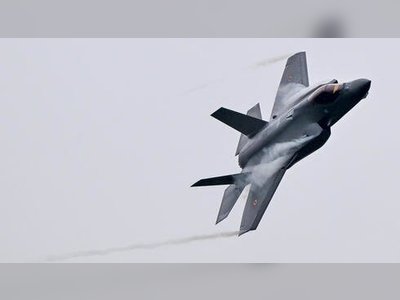
PIF Reportedly Pauses New Investments as $55 Billion EA Takeover Faces Strain
Saudi sovereign fund’s cash-flow squeeze casts doubt over timing and prospects of the massive EA acquisition
The sovereign (PIF) of Saudi Arabia — a key backer of the blockbuster $55 billion buyout of global gaming publisher Electronic Arts (EA) — is reportedly curbing new commitments amid mounting financial strain.
Insiders cited in recent reports warn that PIF is “unable to allocate any more money for the time being,” prompting concern about the future of high-cost investments including the leveraged acquisition of EA.
The consortium deal, confirmed on September 29, 2025, bundles PIF with private equity firm Silver Lake and investment firm Affinity Partners.
Under its terms, EA shareholders are to receive $210 per share — a 25 percent premium — and the company will be taken private, with the transaction slated to close in the first quarter of fiscal 2027. The structure involves roughly $20 billion in debt financing from JPMorgan Chase Bank and about $36 billion in equity commitments.
As recently as this week, multiple sources told media outlets that PIF has paused new investments and informed partners that it cannot currently commit further funding.
The reported financial pressure arises not only from the burden of extremely ambitious ventures — including high-profile projects such as the futuristic city Neom, an underperforming electric-vehicle startup, an experimental cruise line and a fledgling coffee brand — but also from excessive capital tied up in assets that are difficult to sell or monetise.
Despite the fund publicly asserting it remains “very liquid by regional standards,” insiders view that liquidity as misleading.
They argue the roughly $60 billion in cash or cash-equivalents often cited does not reflect the actual availability of investable capital — much of the value is locked in illiquid holdings.
That discrepancy has triggered doubts over whether PIF and its partners will be able to follow through on expected capital calls or cover debt obligations tied to the EA buyout.
For the gaming publisher, the implications are serious.
EA is now burdened with a $20 billion debt load and must rely on steady revenue generation and cost control to meet financial commitments.
Industry analysts warn that reduced investment appetite from PIF could lead to a prolonged period of restructuring, cost-cutting, or asset divestments.
Another possible outcome: regulatory scrutiny — especially by the United States Committee on Foreign Investment — could delay closing, complicating PIF’s original timetable.
Observers note that while derailment remains unlikely, the optics are already damaging: what began as one of the boldest combinations of soft-power ambition and corporate finance in entertainment history now looks subject to the same fiscal constraints that trouble other high-risk mega-projects.
For PIF, the moment might require recalibration.
For EA, the promised “era of growth and innovation” may prove harder to deliver than originally pitched.
Insiders cited in recent reports warn that PIF is “unable to allocate any more money for the time being,” prompting concern about the future of high-cost investments including the leveraged acquisition of EA.
The consortium deal, confirmed on September 29, 2025, bundles PIF with private equity firm Silver Lake and investment firm Affinity Partners.
Under its terms, EA shareholders are to receive $210 per share — a 25 percent premium — and the company will be taken private, with the transaction slated to close in the first quarter of fiscal 2027. The structure involves roughly $20 billion in debt financing from JPMorgan Chase Bank and about $36 billion in equity commitments.
As recently as this week, multiple sources told media outlets that PIF has paused new investments and informed partners that it cannot currently commit further funding.
The reported financial pressure arises not only from the burden of extremely ambitious ventures — including high-profile projects such as the futuristic city Neom, an underperforming electric-vehicle startup, an experimental cruise line and a fledgling coffee brand — but also from excessive capital tied up in assets that are difficult to sell or monetise.
Despite the fund publicly asserting it remains “very liquid by regional standards,” insiders view that liquidity as misleading.
They argue the roughly $60 billion in cash or cash-equivalents often cited does not reflect the actual availability of investable capital — much of the value is locked in illiquid holdings.
That discrepancy has triggered doubts over whether PIF and its partners will be able to follow through on expected capital calls or cover debt obligations tied to the EA buyout.
For the gaming publisher, the implications are serious.
EA is now burdened with a $20 billion debt load and must rely on steady revenue generation and cost control to meet financial commitments.
Industry analysts warn that reduced investment appetite from PIF could lead to a prolonged period of restructuring, cost-cutting, or asset divestments.
Another possible outcome: regulatory scrutiny — especially by the United States Committee on Foreign Investment — could delay closing, complicating PIF’s original timetable.
Observers note that while derailment remains unlikely, the optics are already damaging: what began as one of the boldest combinations of soft-power ambition and corporate finance in entertainment history now looks subject to the same fiscal constraints that trouble other high-risk mega-projects.
For PIF, the moment might require recalibration.
For EA, the promised “era of growth and innovation” may prove harder to deliver than originally pitched.








